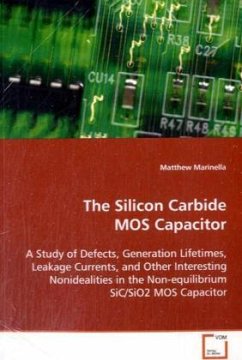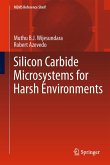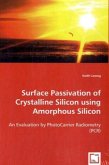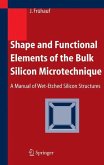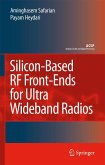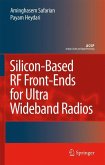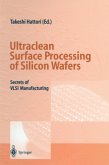Only a few years after the invention of the
transistor, William Shockley declared silicon carbide
(SiC) an excellent material for high temperature
semiconductor devices. In fact, he predicted that it
would be the most important electronic material to
follow silicon. Furthermore, since SiC has the
ability to grow thermal silicon dioxide, this would
seem to be the ideal material for a high temperature
metal oxide semiconductor field effect transistor
(MOSFET). However, over a half century later, SiC
technology has yet to attain widespread use in
commercial electronic devices. This is due to number
of significant hurdles; mainly the relatively high
cost and difficulty of creating high quality SiC
materials and its thermal SiO2 films. In this work,
quality of the SiC/SiO2 system is studied using a
simple structure, the metal oxide semiconductor (MOS)
capacitor. Well developed methods, such as the pulsed
MOS capacitor technique, are applied extensively to
this device. This work is particularly valuable for
graduate students, professors, electrical engineers,
and scientists working to make the SiC MOSFET a
reality.
transistor, William Shockley declared silicon carbide
(SiC) an excellent material for high temperature
semiconductor devices. In fact, he predicted that it
would be the most important electronic material to
follow silicon. Furthermore, since SiC has the
ability to grow thermal silicon dioxide, this would
seem to be the ideal material for a high temperature
metal oxide semiconductor field effect transistor
(MOSFET). However, over a half century later, SiC
technology has yet to attain widespread use in
commercial electronic devices. This is due to number
of significant hurdles; mainly the relatively high
cost and difficulty of creating high quality SiC
materials and its thermal SiO2 films. In this work,
quality of the SiC/SiO2 system is studied using a
simple structure, the metal oxide semiconductor (MOS)
capacitor. Well developed methods, such as the pulsed
MOS capacitor technique, are applied extensively to
this device. This work is particularly valuable for
graduate students, professors, electrical engineers,
and scientists working to make the SiC MOSFET a
reality.

